1. The Xi Shi (Maiden) Teapot
The Xi Shi teapot, also known as “Xi Shi's Breast,” is shaped like the full breasts of the ancient beauty Xi Shi. Indeed, this pot resembles a plump breast with a short and slightly thick spout, the handle in the shape of an inverted ear, and the lid in a cut-off style. The base narrows inward near the bottom, forming a pinch bottom. Later generations found the name “Xi Shi's Breast” to be unrefined, so they changed it to “Inverted-Handle Xi Shi Teapot.”
There is a poem that reads: A tiny red mouth, a streak of hair like a rainbow; though without rouge or powder, who among ancient heroes did not dote?
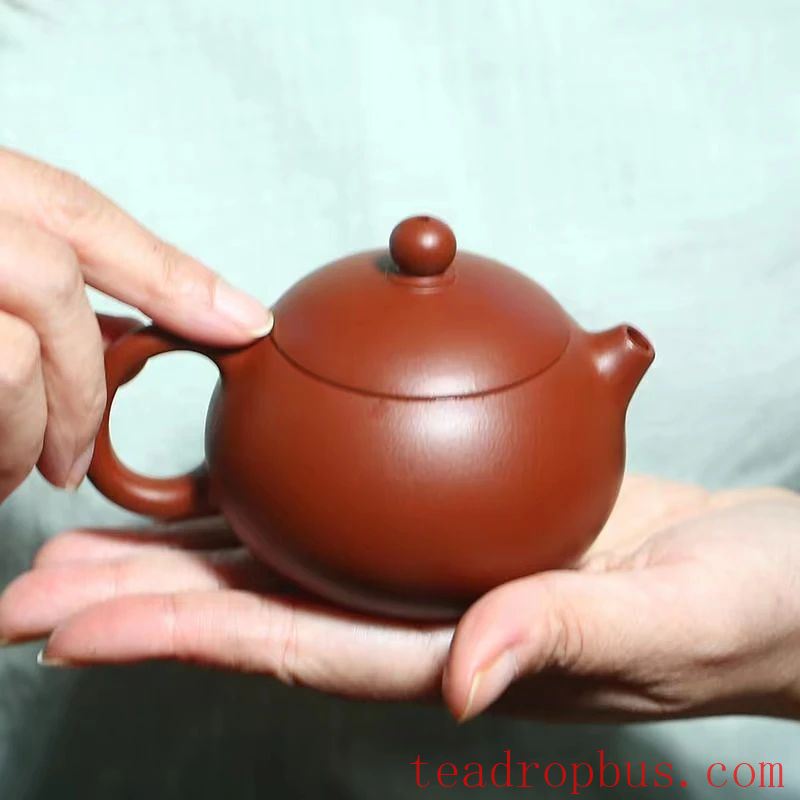
2. Beauty's Shoulder Teapot
The Beauty's Shoulder teapot resembles the graceful and lovely demeanor of an ancient maiden, carrying a touch of imperial magnificence yet not lacking the allure of a noble lady.
The shape is full and elegant, with the rounded body as the main feature. The lid appears seamlessly integrated with the body, and when touched, one can feel its warmth.
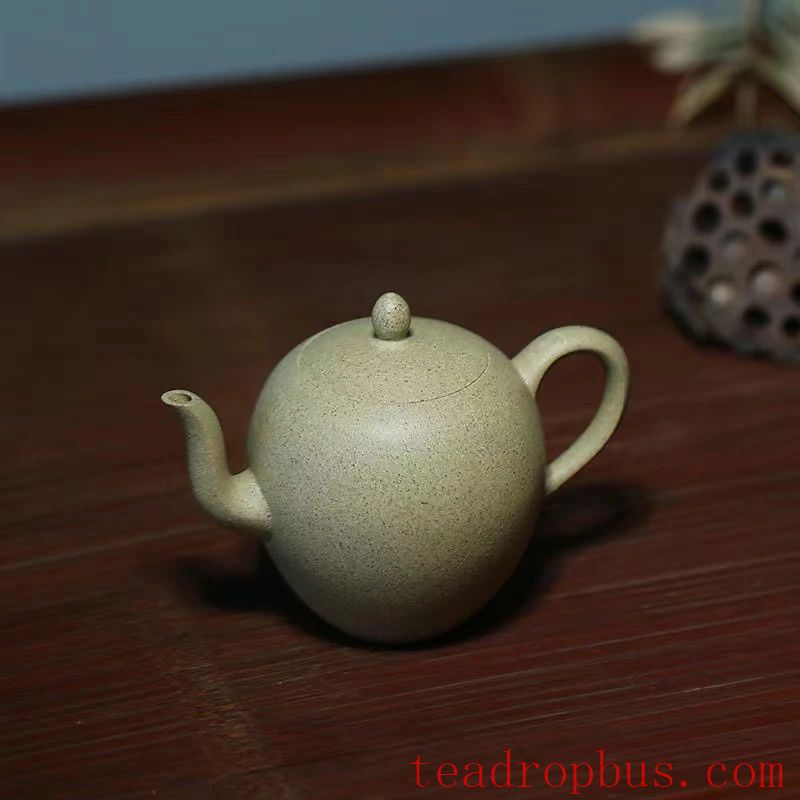
3. Pear-Shaped Teapot
The pear-shaped teapot takes inspiration from pears, with an overall form resembling a pear.
This teapot is composed entirely of arcs, circles, and curves, presenting an elegant and simple design. It is a common style after the Qianlong era. Used for Tea brewing and tasting, it is especially loved by tea enthusiasts and has been passed down to this day. In southern Fujian, it is said that “without a pear-shaped teapot, one cannot truly speak of tea matters.”
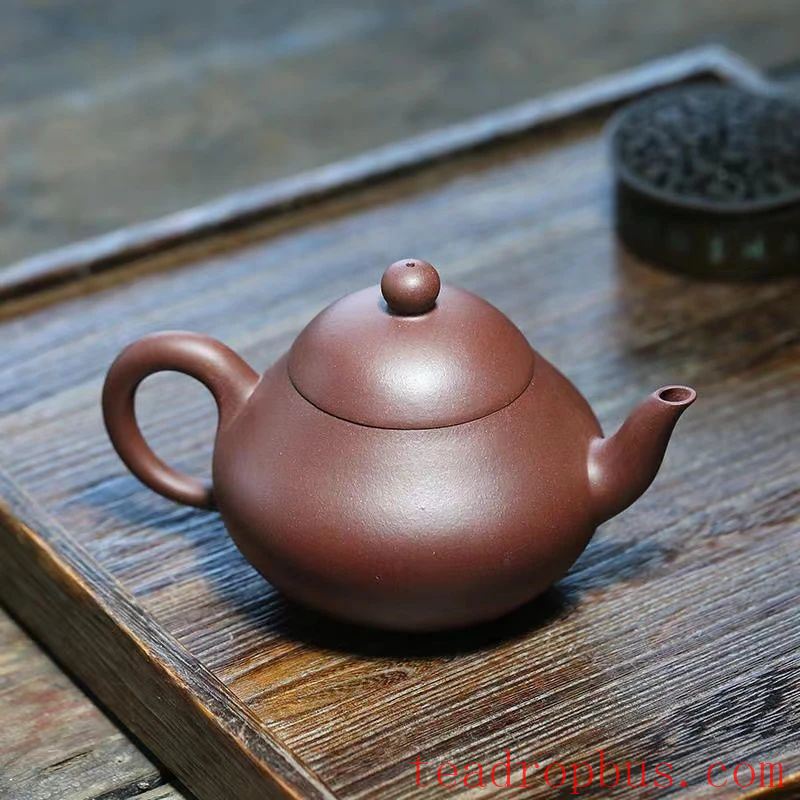
4. One Pearl Teapot
When the moon rises deep into the night, a single pearl appears on the Silver plate.
The One Pearl teapot features the theme of a “pearl,” with a round pearl in the palm, akin to the pearl of He Pu. Its form is dainty and appealing, with a smooth surface, a refined aura, and a lustrous patina on the handle and spout due to frequent use. Using this vessel to serve fragrant tea is like holding soft jade in one's hand, a pleasure for both eyes and mind, revealing the depth of thought put into its creation by the ancients.
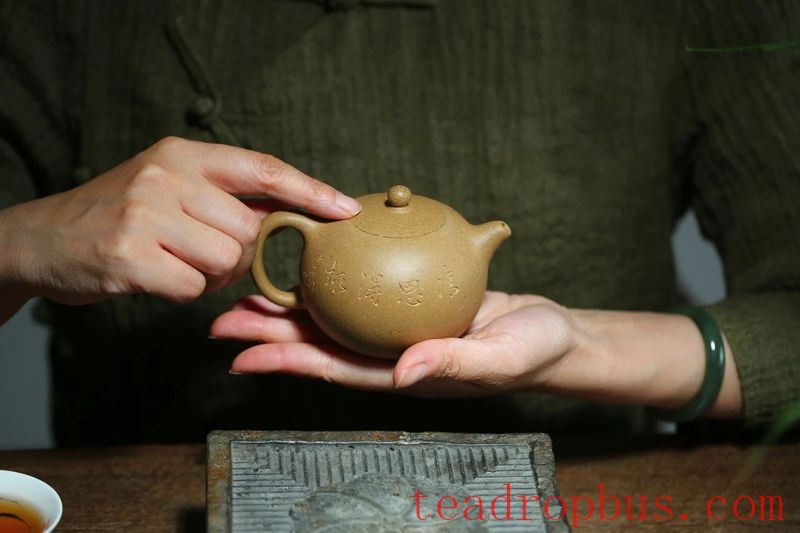
5. Siting Teapot
The Siting teapot has an elegant style, with graceful curves and a pointed spout. Its delicate lines, compact shape, and graceful form are captivating. Fondly caressing it reveals the beauty of “a jade figure standing tall.”
The Siting style is renowned for its exquisite elegance in the history of red clay pottery. It evokes the image of a dragon raising its head and a woman's gentle charm, with outstanding grace.
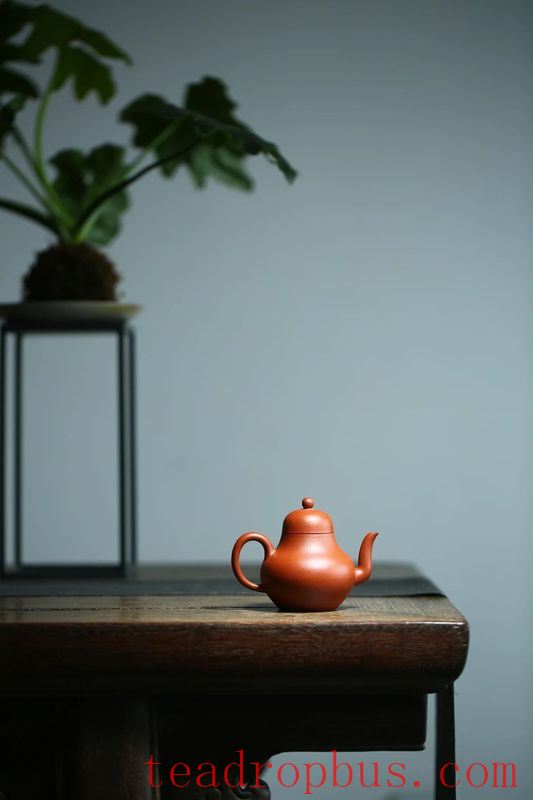
6. Wenden Teapot
The term “Wenden” can be interpreted as: “Wen” meaning gentle, external appearance, and demeanor; “Duan” referring to female roles in opera.
Its shape is similar to that of the Xi Shi and Concubine Teapots, emphasizing delicacy and grace, fully embodying the gentleness and elegance of women.
In the eyes of scholars, the Wenden teapot exudes a charm comparable to that of a beautiful woman, supple and graceful.
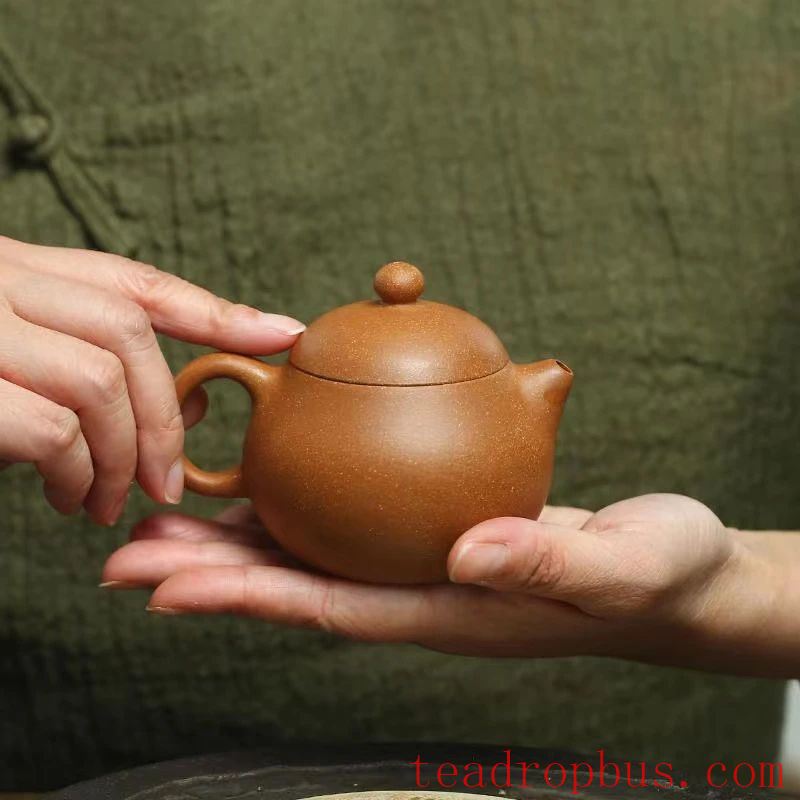
7. Pan Teapot
According to “Illustrated Examination of Yangxian Sand Teapots,” Pan Shicheng, whose courtesy name was Deshe, was from Panyu, Guangdong during the Daoguang period of the Qing dynasty. His ancestors rose to prominence through the salt trade, eventually accumulating enough wealth and power for him to become the Salt Commissioner of Guangdong and Guangxi.
The Pan teapot is commonly used by households in southern Fujian for brewing Gongfu tea. However, according to local villagers, Pan Shicheng originated from Putian, and his family would give a Pan teapot as part of the dowry when their daughters married, hoping that their lives in their husbands' homes would be as prosperous as Pan Shicheng's. The Pan teapot, with its round and adorable shape, reminiscent of a child's innocent charm, has been popular among tea lovers over the years.
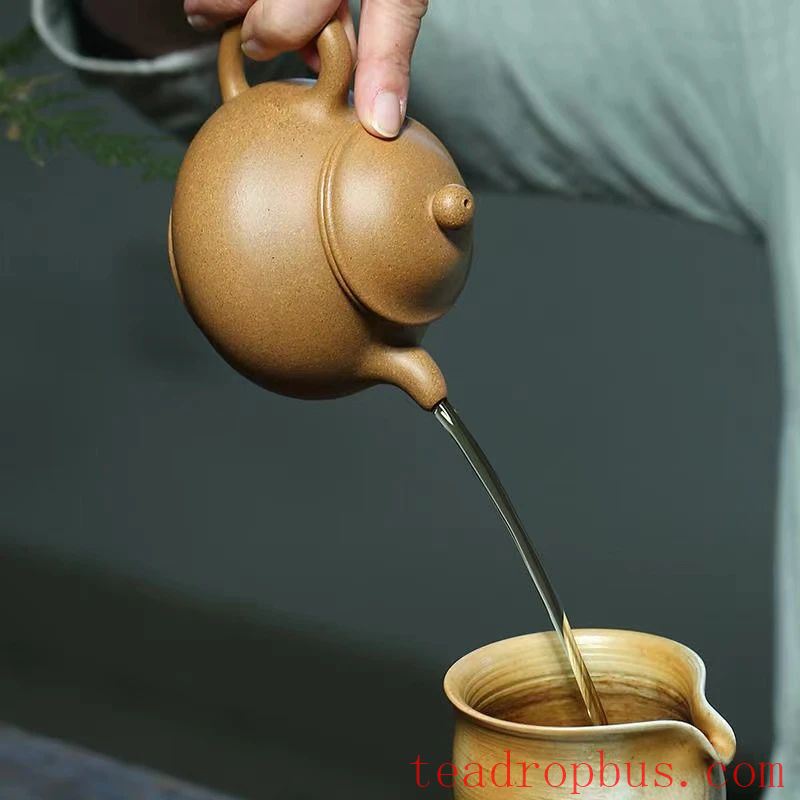
8. Half Moon Teapot
A bright moon rises above the sea, shared by those far and wide.
The Half Moon teapot has always occupied a place with its simplicity, elegance, and dignity, remaining popular from ancient times to the present. The teapot is harmonious, straightforward, and balanced, with a sense of tension and relaxation. As the saying goes, “A full moon carries thoughts across a thousand miles, but a half moon stirs even stronger emotions across ten thousand miles.” Upon closer inspection, the Half Moon teapot looks like a crescent moon, with a stable and simple shape while still retaining a sense of softness.
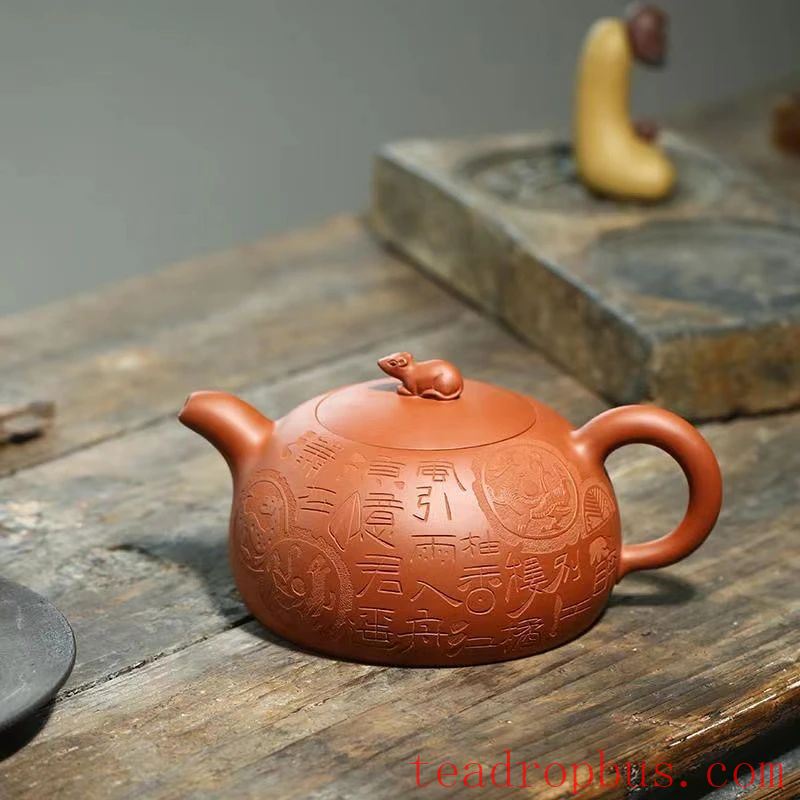
9. Antique Ruyi Teapot
The Antique Ruyi teapot symbolizes a happy life.
The body is adorned with four full Ruyi cloud patterns, with the clouds spreading gracefully and the Ruyi motifs arranged neatly, imbuing the teapot with an ancient charm.
The overall shape is steady yet refined, grand yet soft.
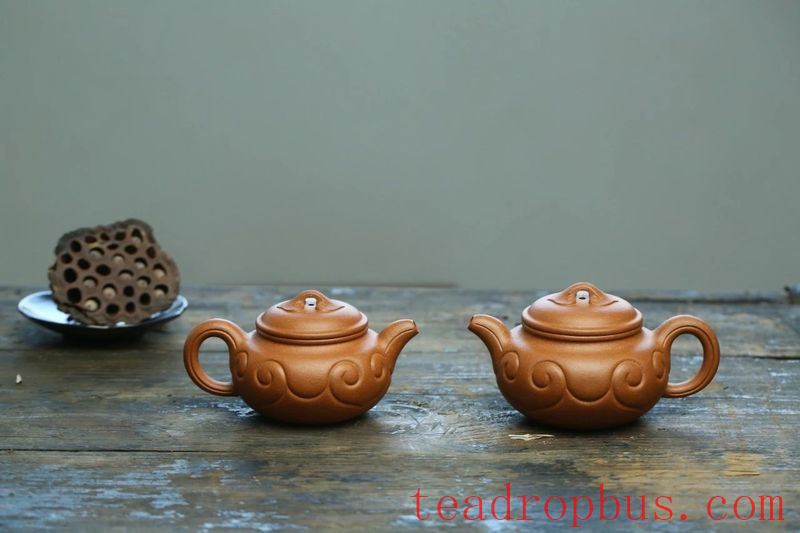
10. Rhombus Flower Teapot
The Rhombus Flower teapot is made entirely in the shape of a rhombus flower, with the cover and body integrated as one, composed of six petals symmetrically.
The ridges are clearly defined, angular yet well-defined, with proportions carefully balanced. The teapot is charming and endearing. It is derived from the Line Cloud teapot, with the bridge knob blending with the rhombus flower petals, the spout in the shape of a rhombus flower emerging naturally, the handle curved appropriately for comfortable holding, and a square belt around the center of the belly. The entire rhombus line extends from the top of the teapot to the bottom, intersecting at a single point without the slightest deviation. The six-sided lid is interchangeable, fitting tightly, and crafted with exquisite skill.
The Rhombus Flower teapot is like a woman, not overly alluring but possessing a unique charm.
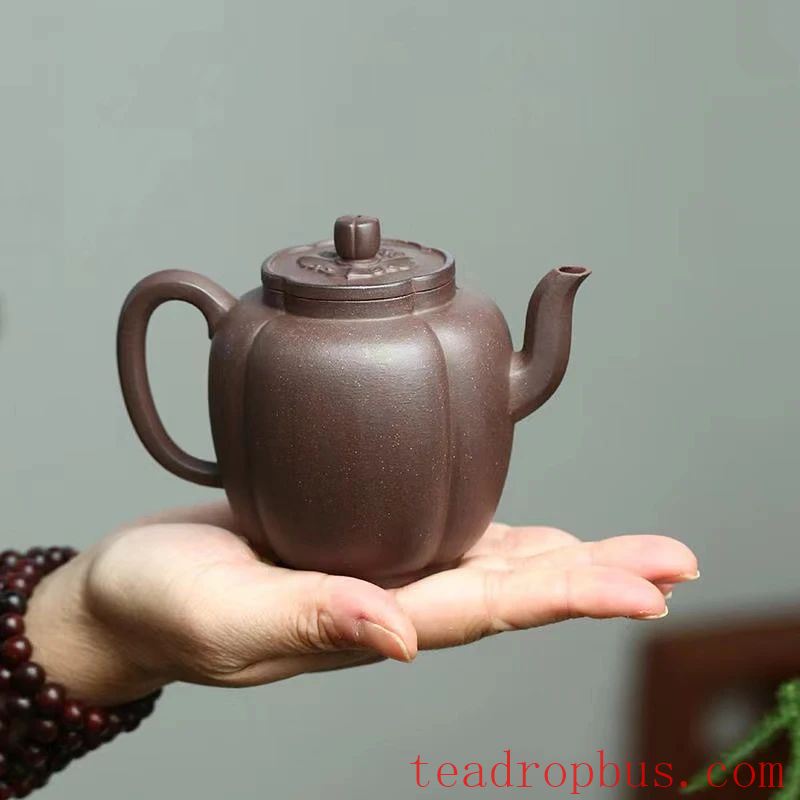
The above ten teapots are deeply favored by women.
A woman who drinks tea is tranquil and elegant, with a temperament like orchids. A woman who loves tea should have a “beautiful teapot” to match her.
If there are any copyright issues, please contact us to remove them.